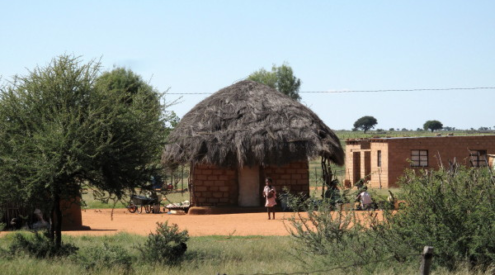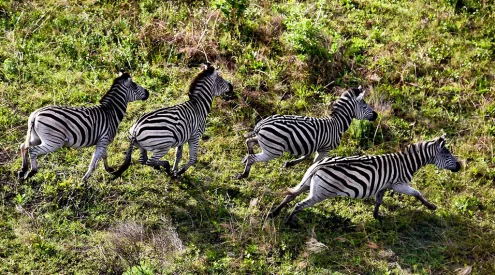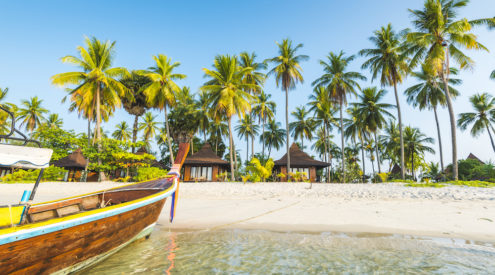In 2022, the world began to open up after what had been two tumultuous years of repeated lockdowns and travel restrictions. As the grip of the pandemic loosened, conservation work could get back into full swing. From intercontinental wildlife translocations to groundbreaking treaties, here’s a look at some of this year’s wins for nature and conservation.
Cheetahs expand range

Its been an eventful year for the world’s fasted land mammal, expanding its range with wildlife reintroductions into Mozambique after it was reintroduced into Mozambique’s Maputo Special Reserve after a 60-year absence.
Across the ocean, cheetahs from South Africa and Namibia are being reintroduced into the subcontinent, after the Asiatic cheetah went regionally extinct in India over 70 years ago. If successful, India will once again be home to another iconic wild cat.
Closer to home, cheetahs were welcomed to Babanango Game Reserve in KwaZulu-Natal, the first time in approximately 200 years that this predator would have roamed the landscape of Babanango.
First-ever photo database of the Amazon
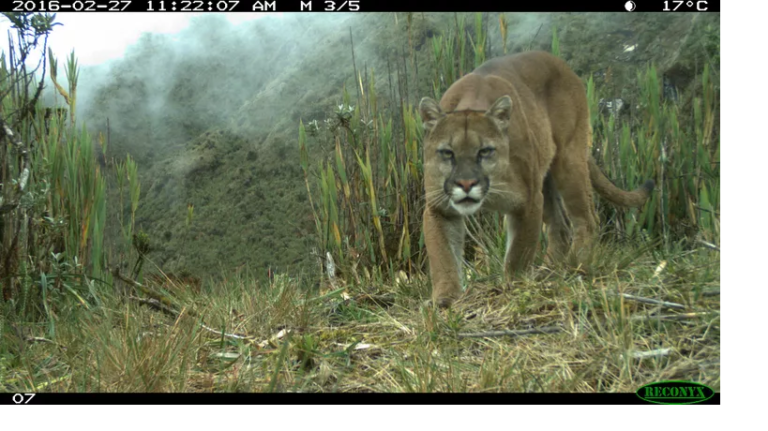 Researchers have compiled the largest-ever photo database of the Amazon, spanning 155 study areas across seven countries, over two decades and containing a total of 154 123 records.
Researchers have compiled the largest-ever photo database of the Amazon, spanning 155 study areas across seven countries, over two decades and containing a total of 154 123 records.
All these records are accessible and could prove vital in further research and projections which aim to protect the world’s most important terrestrial carbon sink.
Biggest elephant translocation
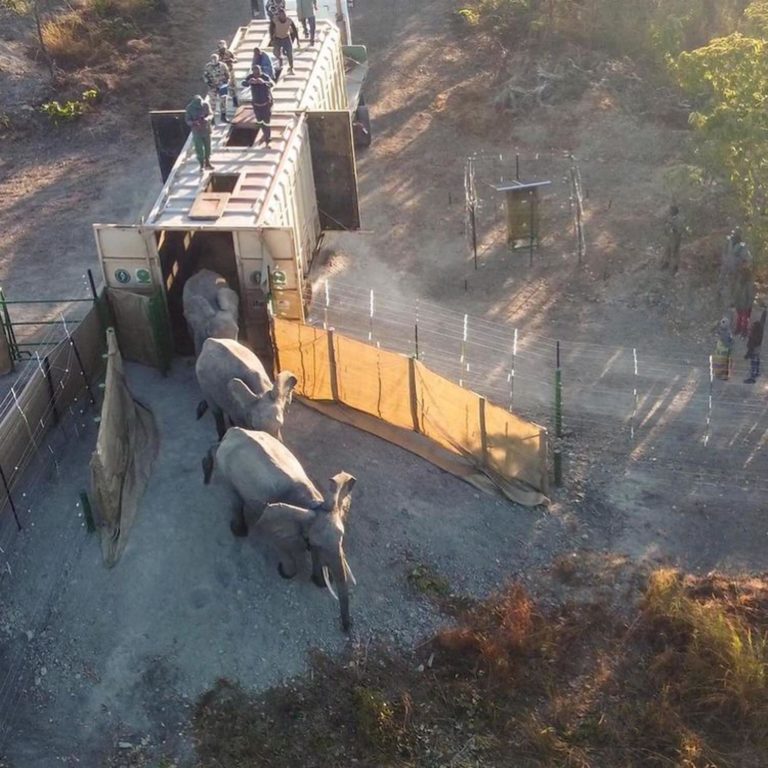
Malawian authorities, in collaboration with African Parks, completed a monumental wildlife translocation, moving 263 elephants and an additional 431 other animals from Liwonde to Kasungu National Park. During this time, impala, buffalo, warthog, sable and 263 elephants have transported 350km via road.
The largest national pledge ever to save nature

A pertinent issue at COP27 was whether or not wealthy countries were going to provide the US$100 billion in annual climate aid pledged in 2010, where wealthy countries have contributed the most emissions.
In a meeting leading up to the UN Biodiversity Summit in Montreal in December, Germany announced that it would pledge €1.5 billion for international biodiversity conservation, the largest national pledge yet to save nature.
Global Treaty to End Plastic Pollution

Single-use plastic consumption has increased significantly.
Representatives of 175 nations agreed to a legally binding treaty to restrict the increase of plastic pollution in a landmark declaration at the UN Environmental Assembly in Nairobi. The agreement drew on a joint proposal submitted by Peru and Rwanda that reflected on developing nations being at the forefront to tackle plastic pollution, with South Africa supporting the proposal in the lead-up to the meeting.
Nations agreed to a legally binding agreement to work towards shifting away from single-use plastics and removing barriers to investments in a circular economy.
Doubling of wild tiger numbers in Nepal
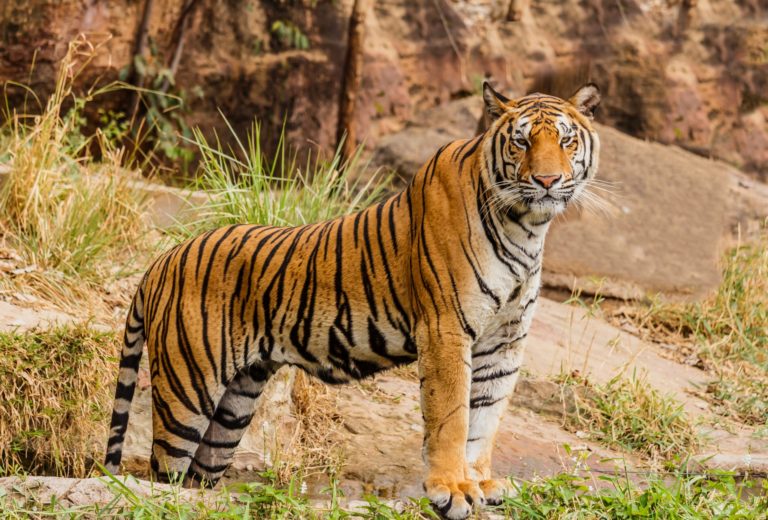
Nepal achieved its global commitment to the St Petersburg Tiger Summit in 2010, doubling its tiger population in 2022. According to a 2009 census, there were 121 tigers in Nepal. The latest tiger census report in 2022 revealed that there are 355 wild tigers in Nepal
In 2010, the 13 tiger range countries assembled at the Tiger Summit and committed to double their tiger populations across their geographical area by 2022. At the time, Nepal set a target of 250 tigers. Perhaps this could be the dawn of the tiger’s revival in the wild.
ALSO READ: Multi-million rand worth of abalone uncovered in Killarney Gardens
Follow us on social media for more travel news, inspiration, and guides. You can also tag us to be featured.
TikTok | Instagram | Facebook | Twitter



